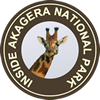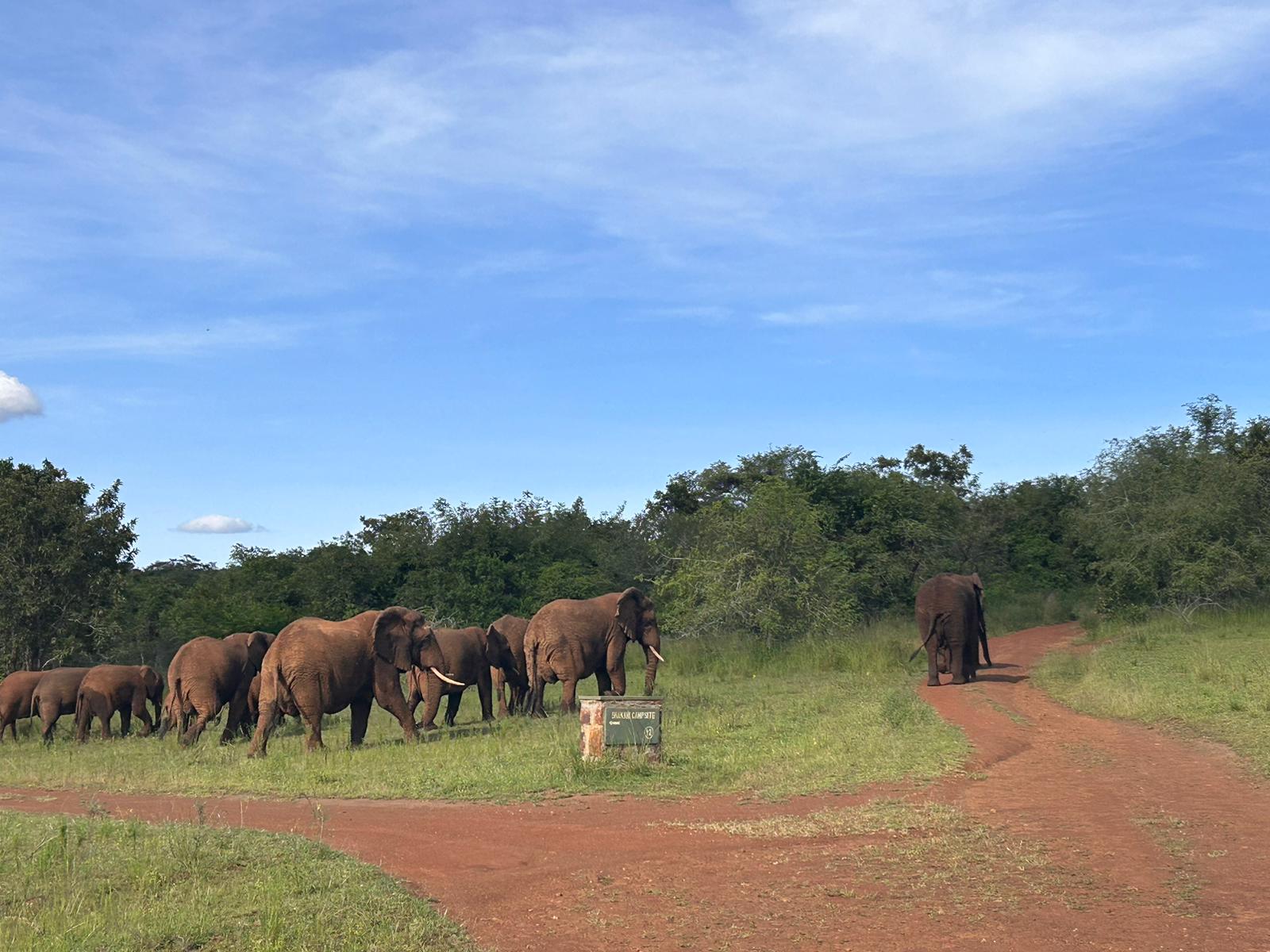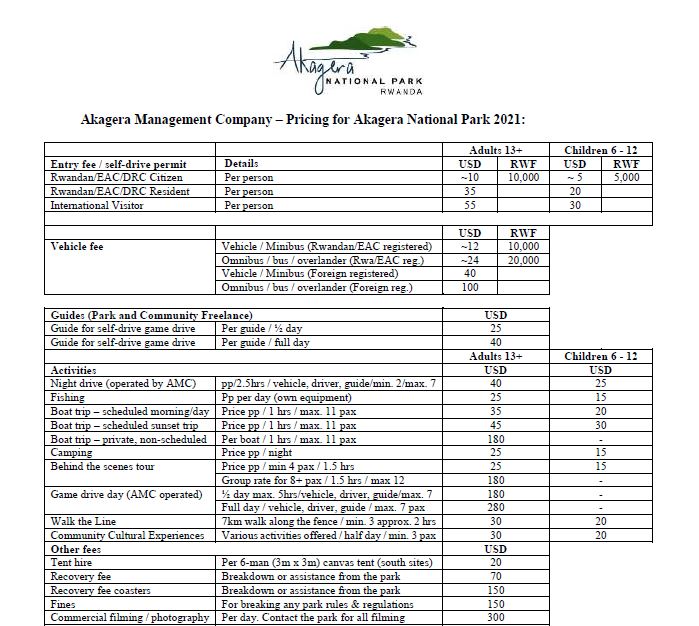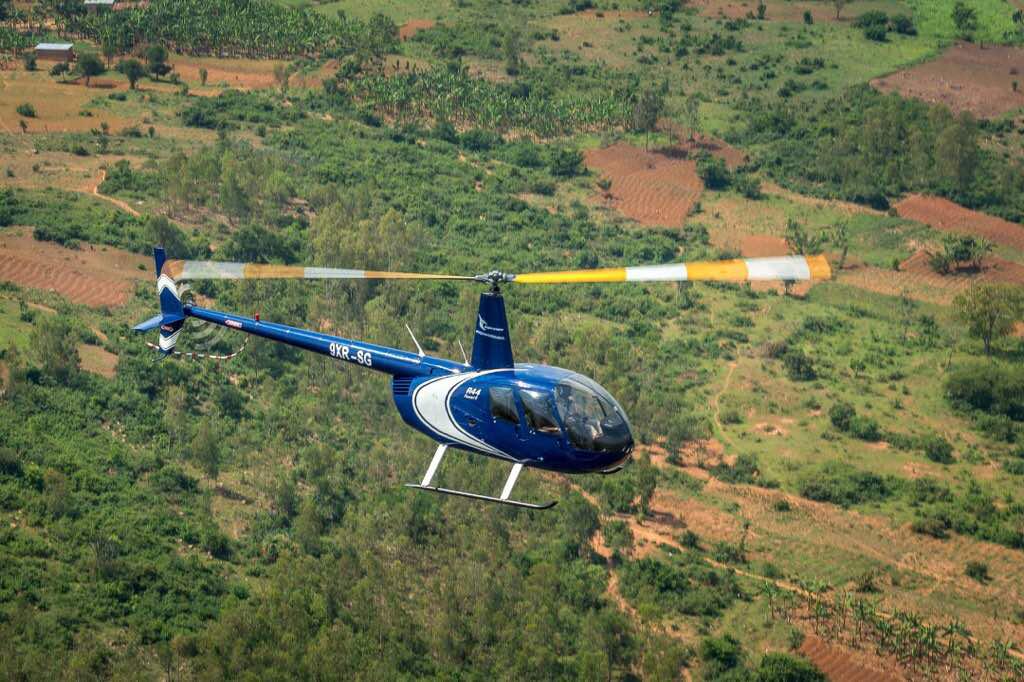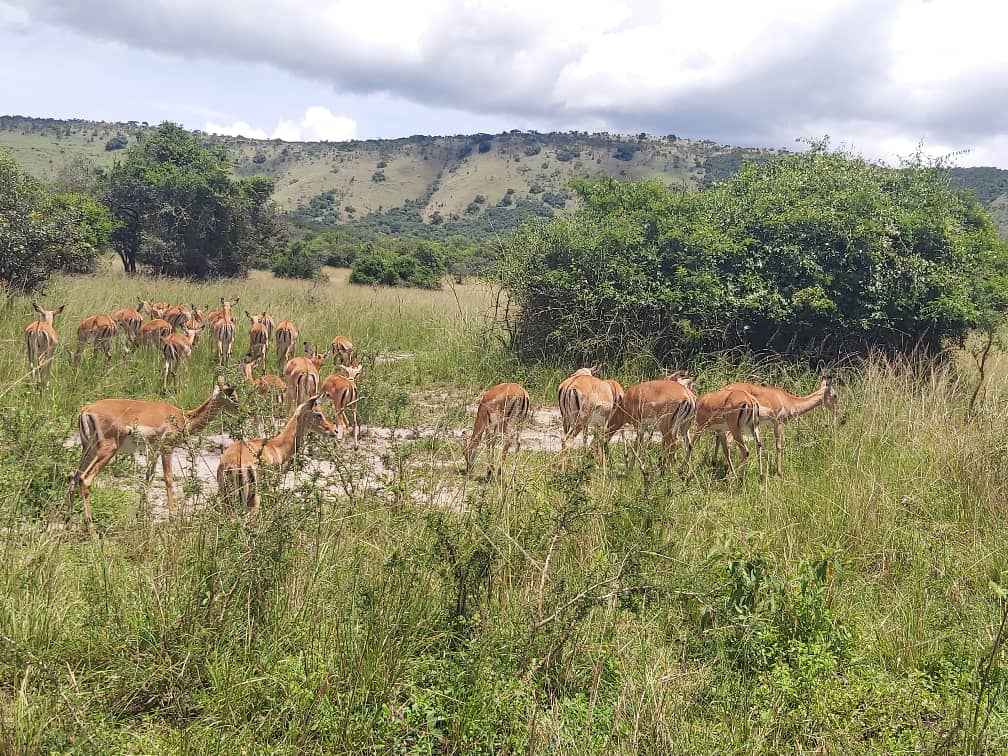
Research Permit Fees in Akagera National Park
Research permit fees in Akagera National Park must be considered for guest research opting to undertake any kind of research in the park. Be it around sound recordings, habitat use, studying vegetation distribution in regard to wildlife natural habitats, changes in wildlife habitats resulting from Nature of human interventions, vegetation changes, studying animal behavior, species availability/presence and distribution, discovering new and rare wildlife species, monitoring the weather, wildlife digestion (studied from animal excrete), or any kind of research, it is possible in Rwanda’s Akagera National Park but needs to be done after contacting Akagera Management Company prior to the research. Book Now
Research safaris in Akagera National Park allow zoologists, Botanists, or Nature lovers to get up close to the wilderness in Rwanda thus worth the experience. Given that the activity is still new, many travelers don’t know how to go about it but have proven to be very rewarding. It is exciting to watch the different wildlife, birds, and their natural habitats with locators (devices that provide information on habituation calls, behavior, and the natural environment), then added to researchers’ databases hence tremendously contributing vital information to the overall understanding of the wildlife, birdlife and natural habitats of Akagera National Park. This information is fundamental to the conservation of the ecosystem of Rwanda’s only savannah-dominated National Park.
How much does a research permit cost in Akagera National Park?
Research permit fees are $200 per person, and prior notice to Akagera Management Company before the research is undertaken is advisable. These fees don’t include the Park entry fees (which are mandatory and reduced by 50% for the second and third nights, then free for the next nights for up to a week) and the Ranger assistance fee (mandatory and highly recommended) which costs $25 per day. The Ranger assistance fees are important when researchers require to get out of the vehicle (for any reason) like to collect samples, establish research equipment, and others. Additionally, you will need to cater for the Ranger’s transport and meals for the day.
Other activities offered in Akagera National Park
Akagera National Park is a beautiful 1122-square-kilometer National Park found on the Eastern side of Rwanda, and it is the largest of the country’s four National Parks. This Park is home to Defassa waterbucks, lions, spotted hyenas, Masai giraffes, Olive baboons, zebras, Klipspringers, leopards, Rhinos, elephants, Cape buffaloes, Vervet monkeys, serval cats, Hippos, Topis, Roan antelopes, Mongoose, serval cats, bushbucks, impalas, Oribis, duikers, giant elands, warthogs, and Bohor Reedbucks among others. Also, over 400 bird species call this Park home and they include 6 vulture species (such as the white-backed and lappet-faced vultures), Giant Kingfisher, Bar-faced go-away bird, shoebill storks, lesser kestrel, Black-headed gonolek, grey-crowned cranes, Senegal lapwings, Papyrus gonolek, African wattled Plover, White-browed coucal, Marabou storks, Spur-winged Goose, African pygmy Goose, and many others.
Besides research safaris, Akagera National Park is also known for its incredible game drives, fishing tours, boat cruises on Lake Ihema, Camping tours, Behind-the-scenes Tours, hot air balloon tours, walk-the-line tours, community cultural experiences, Helicopter tours, guided bush/nature walks, and bird watching tours.
Experience the best of Rwanda while on your research study in Akagera, you can choose to make an extension to Volcanoes National Park, an opportunity to get up close to mountain gorillas and gain a more life experience about these primates. Tracking gorillas in Rwanda is one of the most life-changing experiences in the entire world of discovery.
